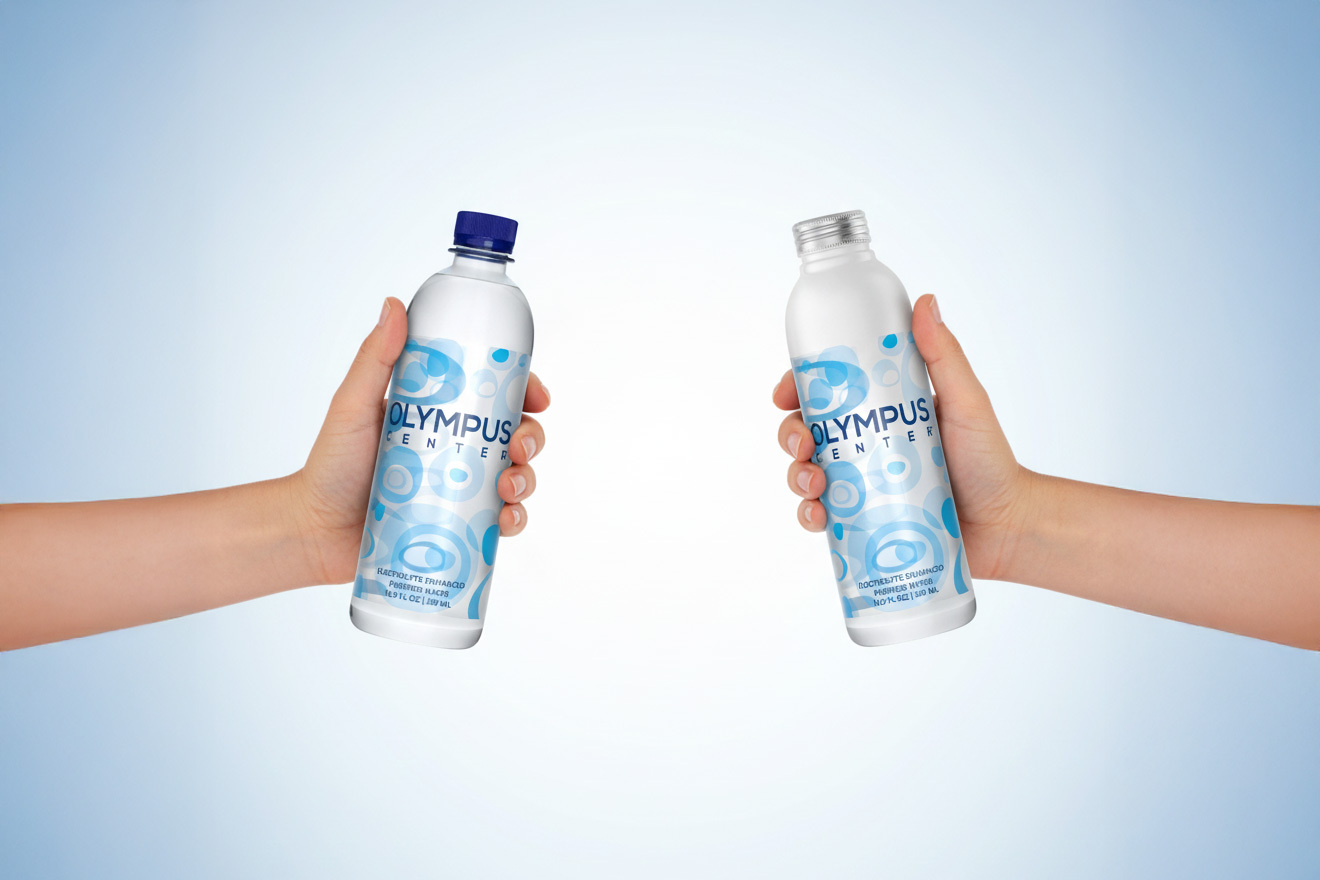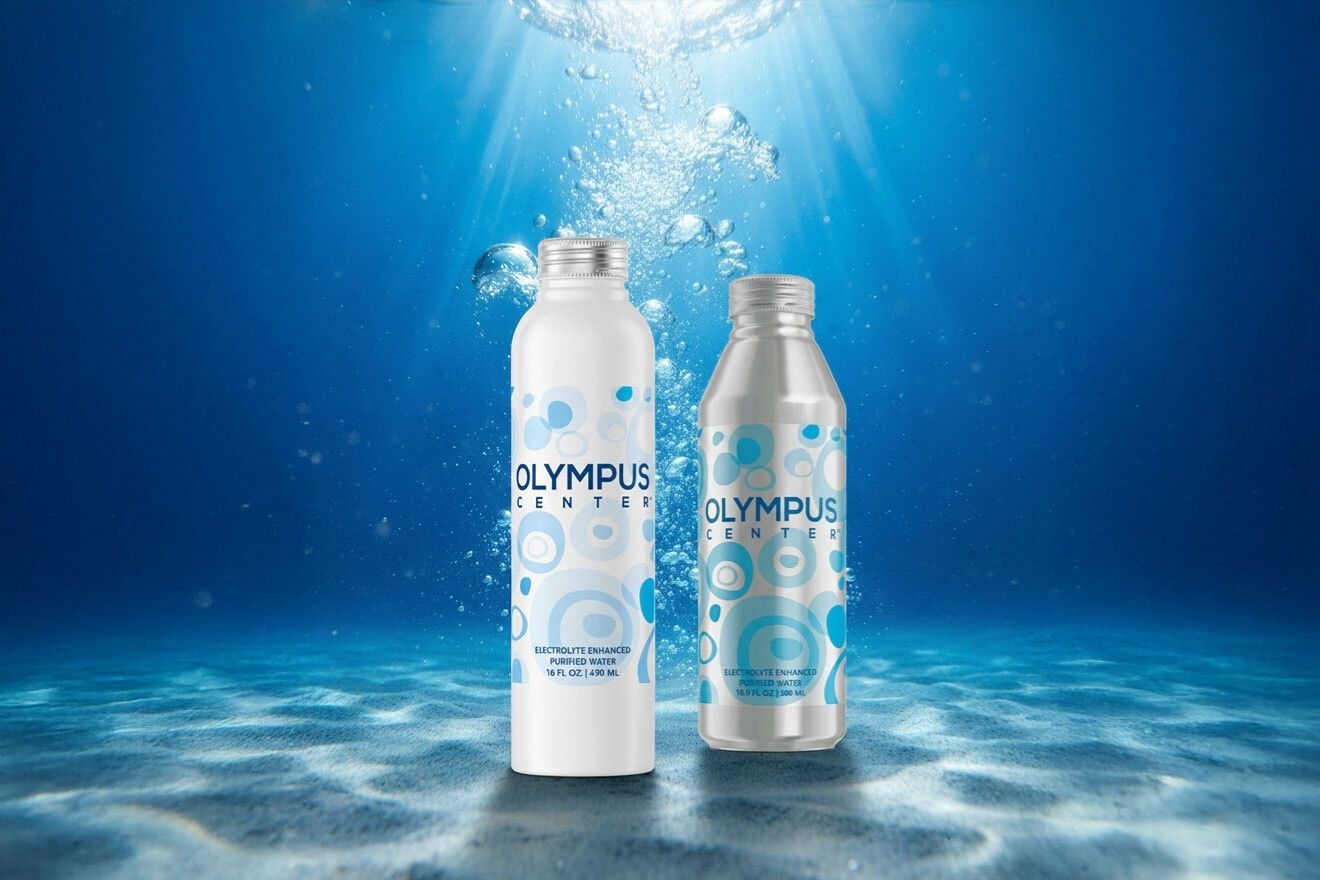Well Water Vs. City Water: Pros And Cons


Water, being the universal solvent, is a necessity in every home. Ensuring a constant and safe water supply is a vital aspect to consider when buying or renting a house. The well water and city water are the two most compared sources, and each has its own upsides and downsides.
There are notable qualities of well water that cannot be found from the city-sourced water. Similarly, the city water also offers advantages that some people find more preferable. So if you're torn between well water vs city water, read these pros and cons to find out how you can come down to a final answer.
WHAT IS WELL WATER?
In provinces and other rural areas, some people get the water they use for washing, bathing, and even drinking in the nearby well. A water well is an excavation created by digging or drilling the ground to reach an aquifer, which is an underground layer of rock or soil that collects and holds water.
Water from wells may be drawn through the use of pumps or by using containers. The lifting of water from the well can be done manually or mechanically.
PROS
- No water bill: If you're using a well that is your private property, then you won't be paying for the water that you've drawn from it. This is one advantage of well water vs city water. Since you won't be getting a water bill, you will be able to save and use the money for other purposes.
- Water is fresher and higher in nutrients: Water from wells is typically unfiltered and untreated. Therefore, it retains the beneficial minerals that natural water has. The taste is also relatively better than city water in which chemicals are added for treating processes. Just because it comes from the ground, it doesn't mean it is impure.
Since it is found underground, it is cleaner and safer compared to surface waters. However, you still need to have the water tested to ensure that there is no contamination. - Free from contamination during natural disasters: Public water is often affected when there are natural calamities. The safety and supply of well water, on the other hand, is typically unsusceptible and maintained during such events, except if the disaster is drastic and widespread.
CONS
- Dependent on electricity: As previously mentioned, well water is usually drawn through pumping it to the house. Pumps need electricity to work. So, in the advent of blackouts or the absence of electricity, the pump will stop operating. Pumps can function using generators.
But if you don't have such an alternative source, you'd have to manually collect the water from the well. Deeper well water levels need pumps, as they can hardly be accessible through manual fetching. It is unfavorable if you experience scarcity in both water and electricity. - You are in charge of the quality and quantity of water: Public water is managed by the city, including its repair, safety, and maintenance. With privately owned well water, all of those management processes are your responsibility. You must regularly test a sample of your water to ensure that it is safe to drink or use. Repair and maintenance can also be quite expensive. People who don't want such hassles prefer the more convenient city water.
- Prone to contamination: If your deep well is located near a farm, power plant, or sewerage system, it may have a higher chance of getting contaminated. The chemicals, fertilizers, wastes, and degradation of dead animals might reduce the quality of your water in terms of purity and safety.
To help decrease such possibilities, as much as possible, ensure that your source is considerably far from those contaminants. Cover the opening of your well to keep leaves, animals, or other objects from falling into it, which may result in contamination.
WHAT IS CITY WATER?
City water, as its name suggests, is collected and supplied by the city or town you're residing in. It comes from larger wells, rivers, or dams. It is filtered and treated before being distributed to different homes through a series of pipes. You usually pay for this type of water source.
PROS
- Quantity and quality of water are managed by the city: One primary upside of city water is its convenience in terms of maintenance and safety. The city is responsible for testing the water before distribution. It is obliged to meet or exceed the EPA guidelines for legality. It also upholds routine checks to secure the superior quality of water supplied. You don't have to worry about having debris, insects, or other small floating materials on your water.
The city water undergoes a filtering process before it gets to your home. It is also added with beneficial minerals to compensate for the ones lost during filtration. - Water is rarely scarce in areas: If you live within the city, you're assured of consistent and readily available water. This is true, given that the city has adequate water supply for the whole area. You just have to communicate with the authorized personnel to give you access to the city water that is most probably connected to your home already.
- Mortgage lenders prefer city water: City water is more consistent and regulated. That is why mortgage lenders give higher rates to those who are living in the city.
CONS
- Water is less fresh: Public water usually comes from open reservoirs that are prone to contamination. Therefore, it needs to be filtered and treated. Because of those processes, the city water is not as fresh as the well water. In this regard, despite the convenience, the taste is affected and altered.
- Expensive water bills: Water bills have been increasing due to the more extensive procedures done to treat the water. Pollution has made water more impure, thus making it generally harder to treat. Some people prefer the no-payment system of well water compared to the pricey city water.
- Can be turned off by management: Getting your water from a public source can be disadvantageous because the city can turn off the distribution anytime. It's preferable if there's a notice beforehand. But sometimes, the city cuts off the supply without warning, especially in emergency situations like unexpected and unscheduled treatments. You don't have full control of the circulation. It would be very inconvenient if, for instance, you're doing your laundry and the water gets suddenly cut off.
- Can become contaminated on a large scale: Since city water is derived from open reservoirs, it is greatly affected during natural calamities, such as storms and floods. It may take time before the water could turn potable or safe to use again.
THE VERDICT
In choosing between well water vs city water, you have to determine which aspect is your priority. If you prefer a fresher and more budget-friendly source, then choose well water. If you want the more convenient choice, then opt for the one provided by the city.
In both options, always ensure that the water is safe to use by testing it regularly. Don't forget to also conserve water and avoid excessive, unnecessary use. This shall help in maintaining adequate supply for both private and public sources.






